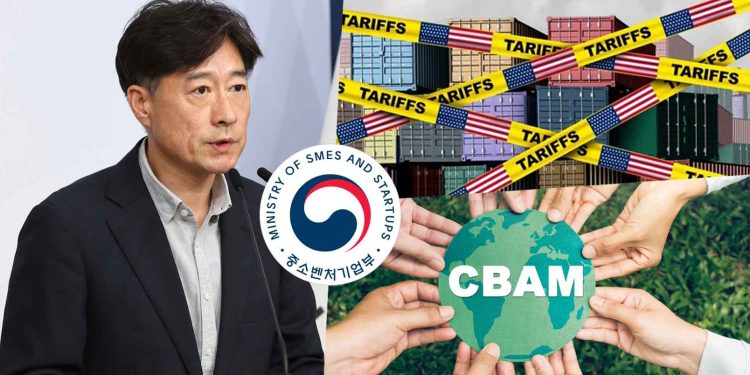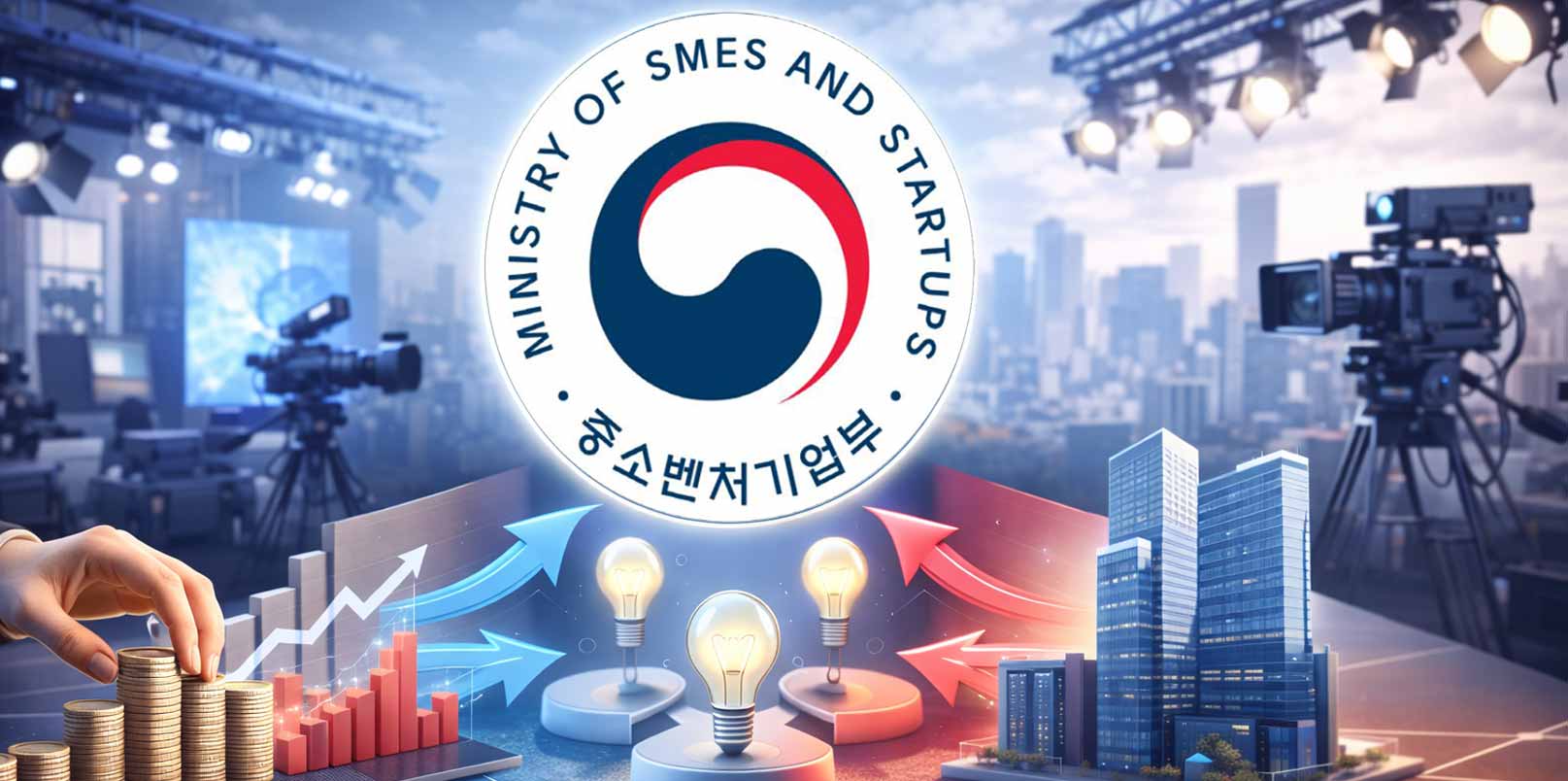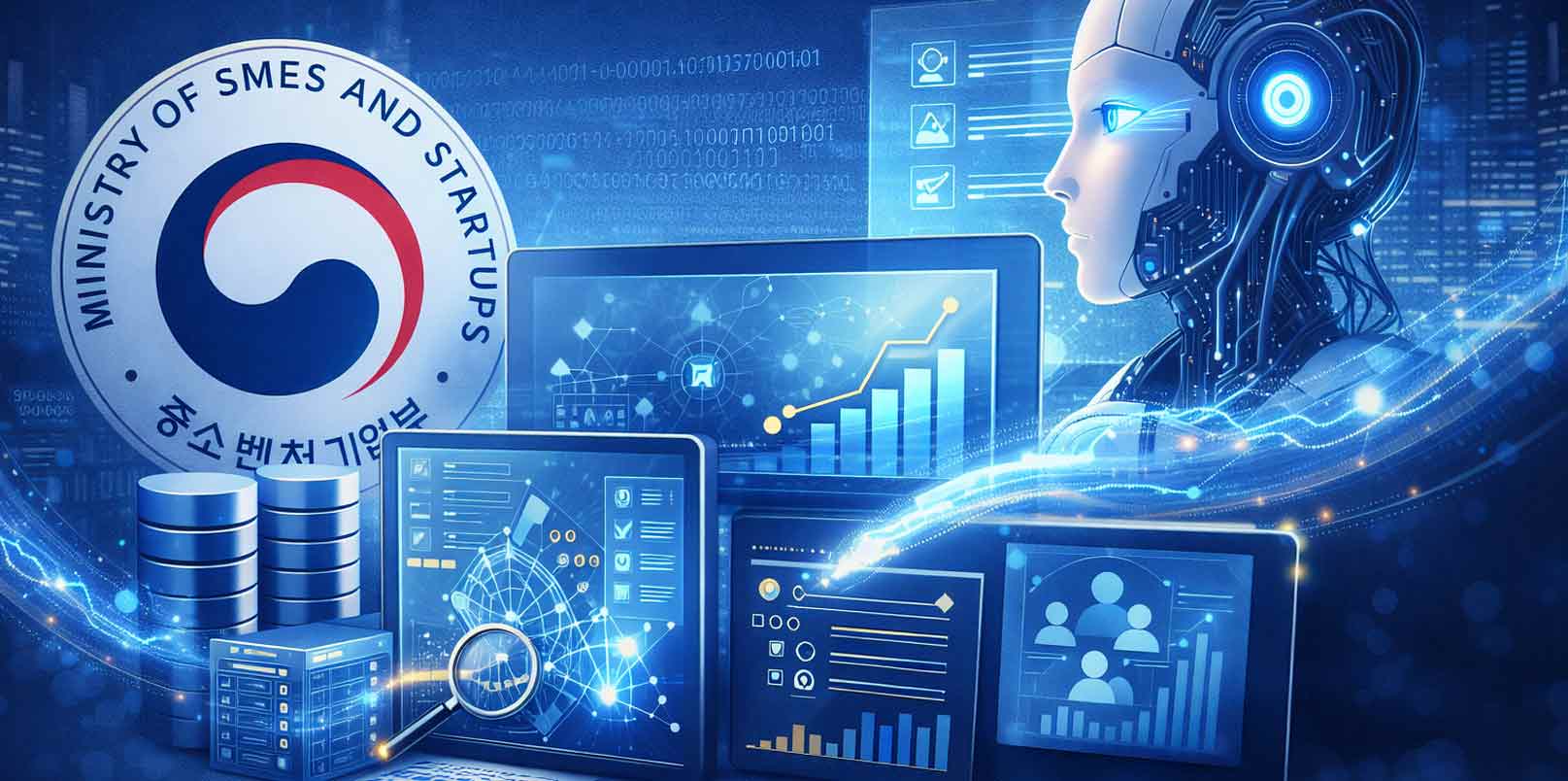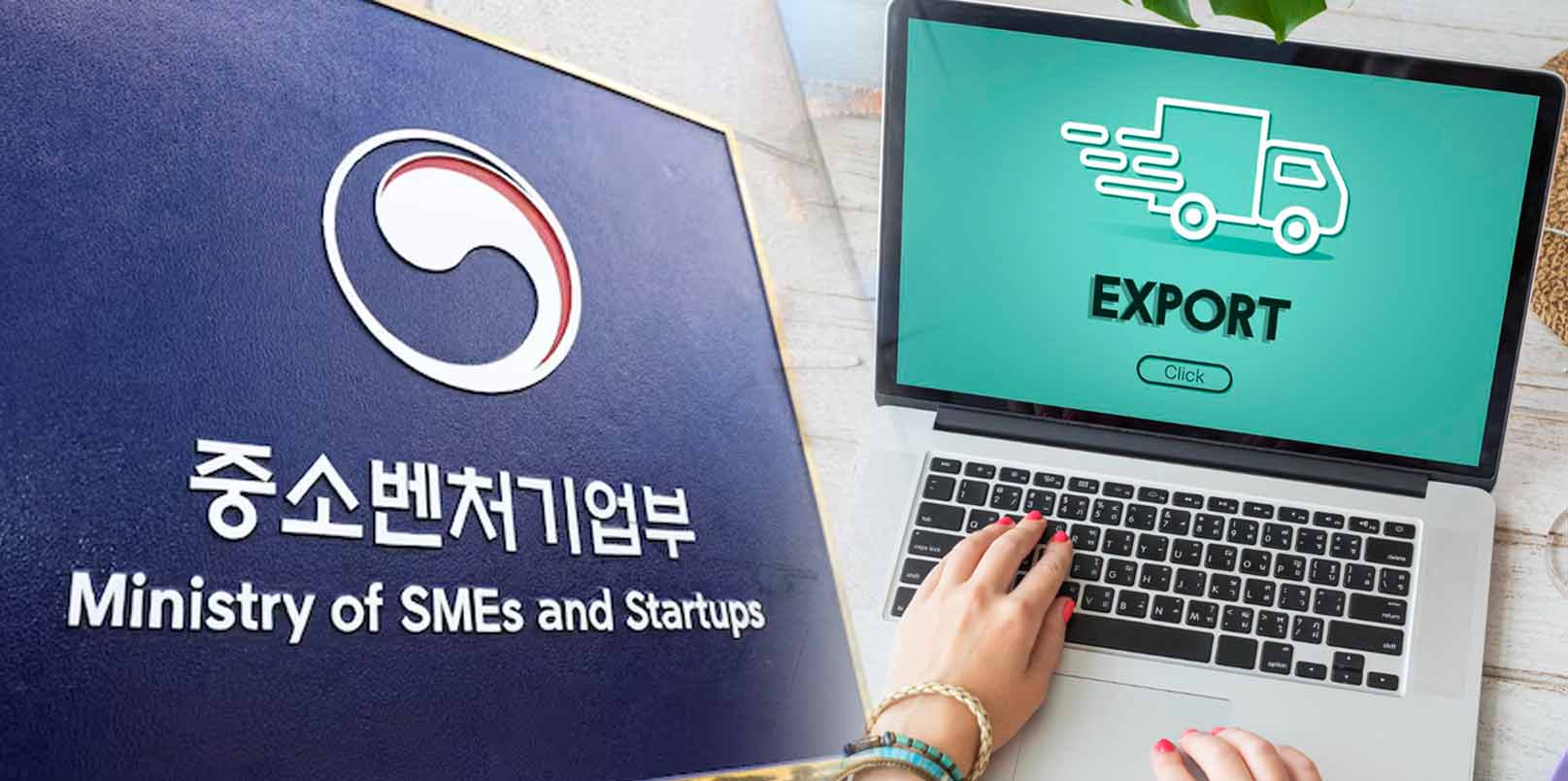Global trade tensions are rewriting the rules of industrial growth — and Korea’s small and medium manufacturers are on the frontline. Facing U.S. tariffs as high as 50% and the EU’s incoming carbon border regulations, policymakers are now moving fast to shield exporters while reengineering competitiveness through AI and R&D. The initiative could redefine how Korea builds industrial resilience in a protectionist world.
Korea Mobilizes Policy Support for Steel Export SMEs Amid Global Trade Pressures
The Ministry of SMEs and Startups (MSS) has initiated a coordinated response to help small and medium-sized steel exporters navigate surging tariffs from the United States and tightening carbon regulations in Europe.
On November 10, 2025, MSS held a roundtable with steel-exporting SMEs and industry associations at the Korea SMEs and Startups Agency in Mokdong, Seoul. The meeting, chaired by Park Yong-soon, Director General for SME Policy, brought together exporters, the Korea Federation of SMEs, and the Korea Iron & Steel Association to discuss market conditions and sector-wide concerns.
The move marks a significant policy intervention as Korea’s manufacturing sector confronts overlapping challenges from global protectionism, carbon border adjustments, and industrial oversupply.
Trade Tariffs and Carbon Mechanisms Threaten Korea’s Steel Export Competitiveness
Discussions centered on the persistent 50% U.S. tariffs on certain steel and aluminum products, newly announced EU trade restriction measures, and the upcoming Carbon Border Adjustment Mechanism (CBAM), which will be enforced from 2026. Participants also addressed the impact of global steel oversupply, which has been reshaping market dynamics and margins across Asia.
While a recent Korea–U.S. negotiation reduced some bilateral tariffs to 15%, many steel SMEs remain bound by product-specific duties as high as 50%, prompting renewed urgency for diversification and policy support.
Stakeholder Commitments: Government and Industry Seek Structural Solutions
According to MSS, the government will review a set of comprehensive measures to stabilize the steel export ecosystem. These include:
- Tariff and CBAM response strategies to mitigate external trade risks.
- Export market diversification programs and discovery of new global projects.
- AI- and R&D-driven competitiveness initiatives for manufacturing SMEs.
- Business transition support to adapt to domestic and global ecosystem shifts.
- Liquidity assistance to help firms manage financial strain.
Director Park Yong-soon stated,
“The spread of global protectionism in steel and the growing uncertainty in international trade have heightened concerns across Korea’s SME ecosystem. The ministry will work closely with the field to ensure that SMEs can overcome these challenges through strategic and data-driven support.”
Korea’s Policy Approach Signals an Industrial Resilience Strategy
The policy direction highlights a broader government shift toward industrial resilience — using immediate trade challenges as a catalyst to modernize Korea’s manufacturing base. By combining AI adoption, R&D innovation, and market diversification, the government aims to help traditional sectors such as steel and aluminum evolve into higher-value, export-competitive industries.
While this strategy aligns with Korea’s broader “AI Grand Transformation” and related ecosystem initiatives that integrate advanced technologies into manufacturing, logistics, and export systems, industry observers emphasize the need for tangible follow-through.
They note that small and medium exporters still await clear government measures to cushion the impact of the EU’s forthcoming CBAM and the 50% product-specific tariffs reaffirmed in the recent Korea–U.S. trade discussions.
Still, the intersection of trade and technology policy could become a turning point, fostering cross-border competitiveness for SMEs in an era of stricter environmental and trade compliance.
U.S. 50% Tariffs and EU CBAM: New Collaboration Opportunities
For Korea’s startup ecosystem, this policy framework may open new collaboration opportunities between industrial SMEs, AI developers, and clean-tech startups. The growing demand for carbon-efficient, AI-integrated manufacturing processes is likely to stimulate R&D investment and cross-sector innovation.
Global investors and policymakers are closely watching how Korea leverages its industrial policy and SME innovation model to balance competitiveness with sustainability — a key consideration as carbon and trade regulations reshape the manufacturing landscape.
Turning Trade Pressure into Innovation Momentum
Korea’s proactive stance suggests that the country views trade restrictions not merely as external threats but as triggers for transformation. As the EU’s CBAM and U.S. tariffs reshape global value chains, Korea’s strategy — combining AI-enabled competitiveness, export diversification, and targeted liquidity support — underscores a long-term vision for sustainable industrial innovation.
If executed effectively, these measures could reinforce Korea’s position as a resilient industrial hub and a model for mid-sized economies navigating the intersection of trade policy, carbon regulation, and digital transformation.
🤝 Looking to connect with verified Korean companies building globally?
Explore curated company profiles and request direct introductions through beSUCCESS Connect.
– Stay Ahead in Korea’s Startup Scene –
Get real-time insights, funding updates, and policy shifts shaping Korea’s innovation ecosystem.
➡️ Follow KoreaTechDesk on LinkedIn, X (Twitter), Threads, Bluesky, Telegram, Facebook, and WhatsApp Channel.





